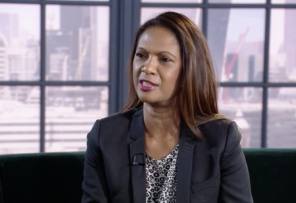

With Brexit posing a risk to the level of taxes collected in the UK, where might the Exchequer turn to raise extra funds?
George Bull, tax expert at RSM, said that there is “no scope for complacency” about levels of taxation, despite figures last week showing that tax receipts had risen 5.3 per cent.
He warned many of Chancellor Philip Hammond's current schemes may not raise taxes as much as expected, and forecast a future weakness in receipts post-Brexit.
This, Mr Bull said, could see the Chancellor take aim at raising more from other initiatives.
Offering lower corporation tax to stimulate economic activity once Britain has left the European Union, for example, could mean more companies choose to move here, he said.
But he forecast the cut in the rate would see the overall boost to receipts fail “to be significant”.
Tax avoidance by multi-national corporations that make large profits in the UK, such as Google, is already an embarrassing political issue for the government, amid so-called "sweetheart deals" with HMRC which has seen some companies pay significantly less than they owe.
Increases in the personal allowance workers benefit from before they pay income tax, while broadly welcomed, have also created lower revenues.
The move has taken large numbers of people out of the tax system, meaning fewer people are responsible for providing the tax revenues needed to run the country.
But Mr Bull warned the Chancellor not to get over zealous in the upcoming autumn Budget.
“Individuals who feel over-taxed can choose to work less, engage in tax avoidance schemes or simply leave the country. The government simply cannot afford to let this happen,” Mr Bull said.
“The pressures of Brexit should not be allowed to prevent MPs from thinking long and hard about who should pay tax, and how much, in years to come.”
Financial adviser Patrick Connelly, from Chase de Vere, said that the implications on UK tax revenues from Brexit are “unknown”.
“The UK government could face some difficult decisions if they need to make up any short-term shortfalls, although at the same time they will want to support businesses, encourage overseas investment in the UK and be very wary of imposing hefty tax rises on individuals.
"This could mean the need to also focus on spending cuts in order to help balance the books.,” he said.



